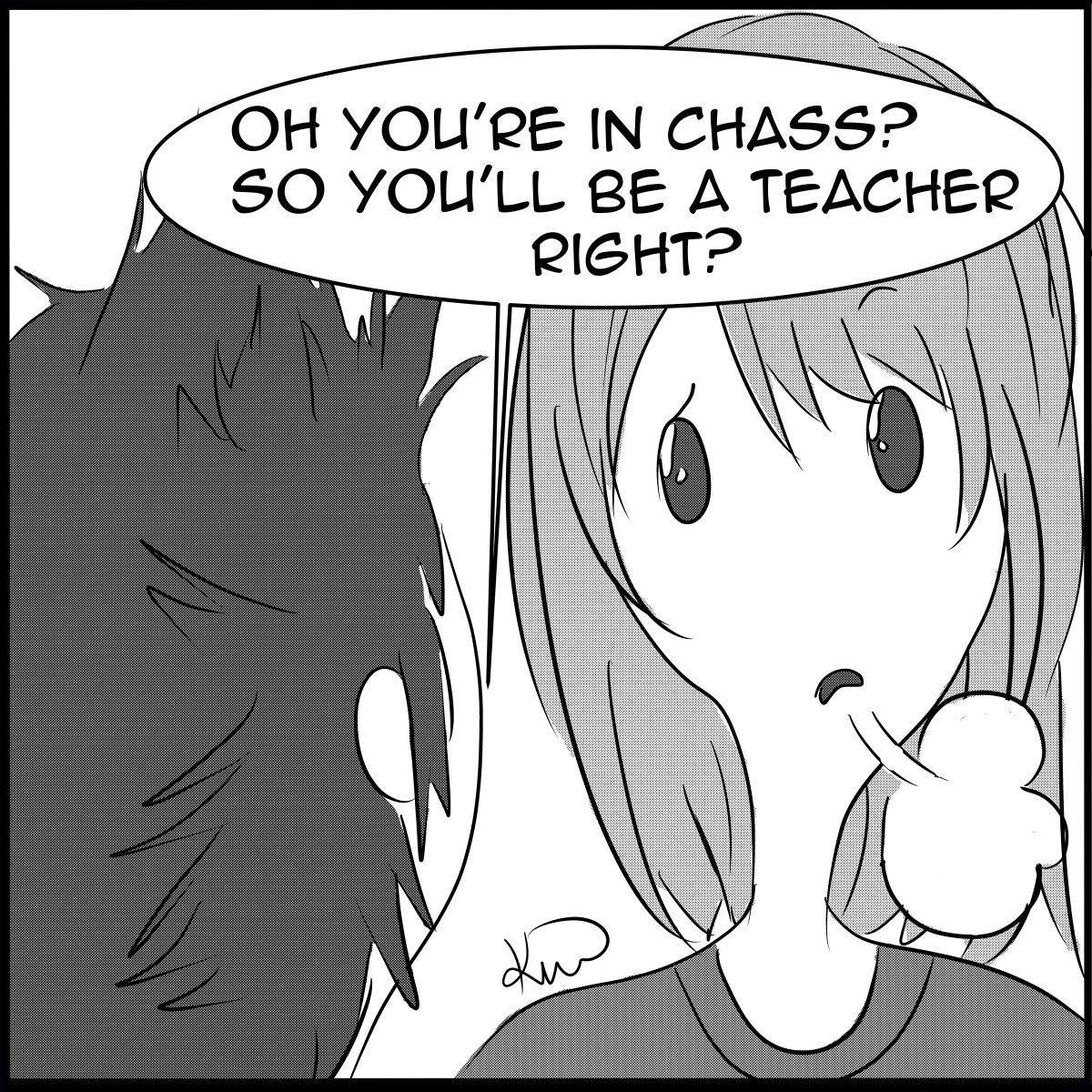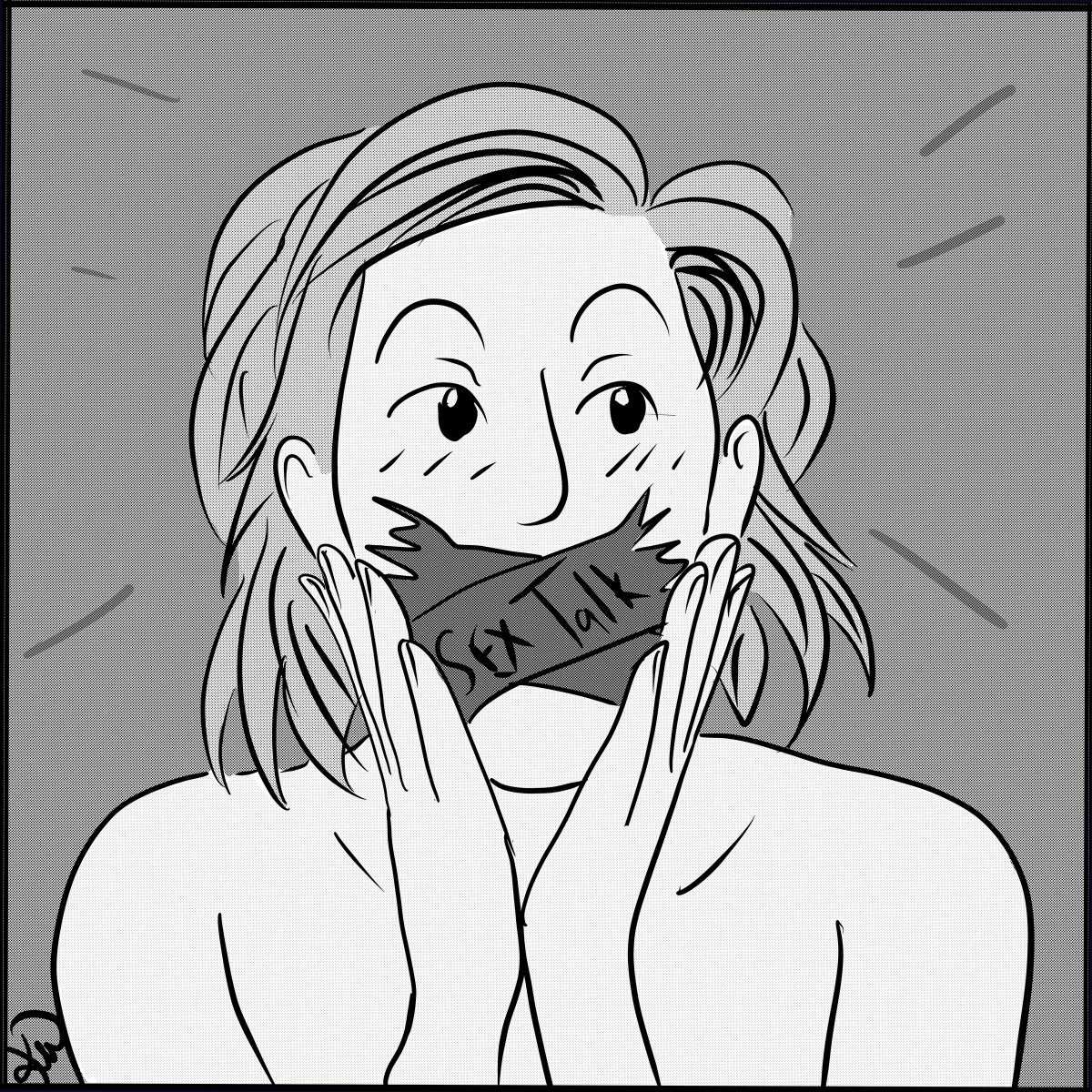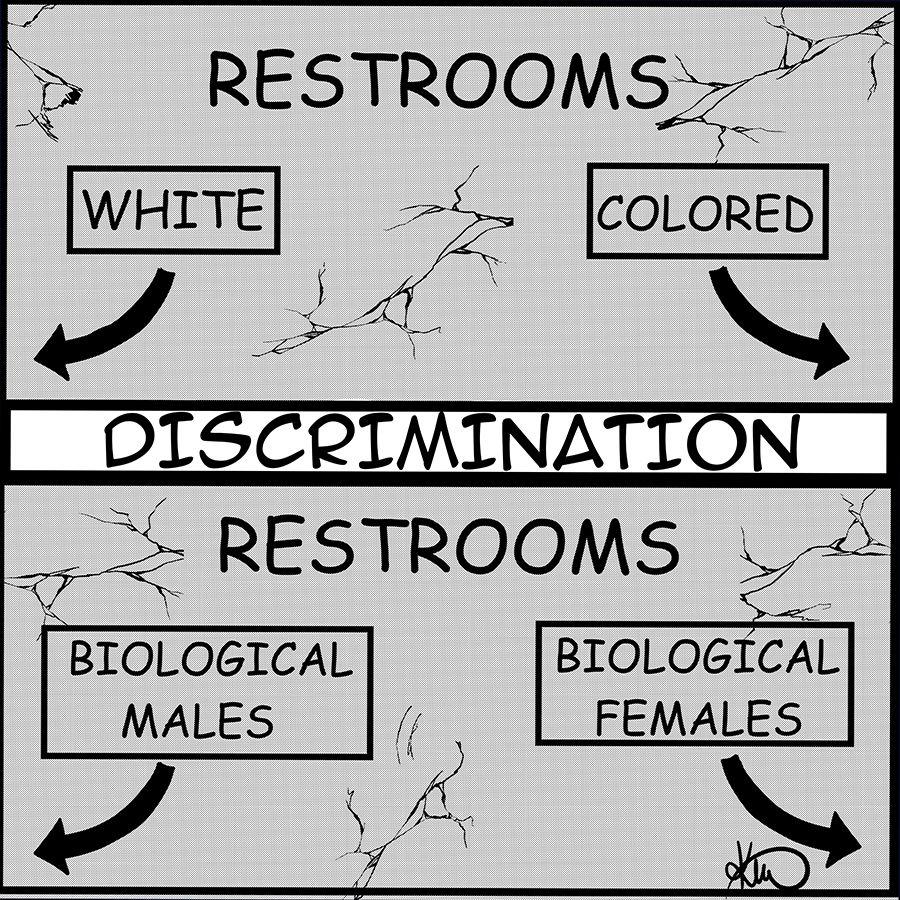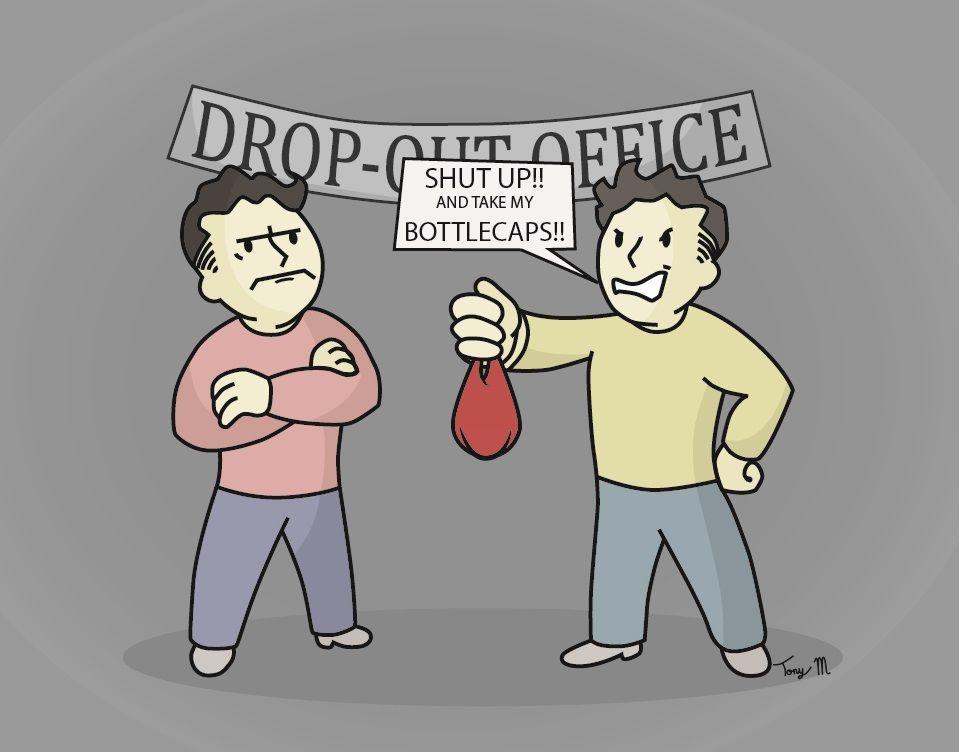Wednesday welcomed the ENCCA College of Humanities and Social Sciences career fair to the McKimmon Center at NC State. After receiving several scant emails, I decided to attend, hoping to find some relevant summer job or internship opportunities. I spent hours editing my resume, printed it out on fancy paper, sought my best business-professional attire in my closet and practiced my finest elevator speech. After strolling around from table to table of unrelated finance jobs to nanny services, I was assaulted with an undeniable perception of a hapless post-graduation existence for humanities majors. On Wednesday, my faith that my university would help provide me with resources to gain invaluable, relevant work experience to ensure a post-graduation career in my field was shattered.
Of course, I know the jokes well — I’ve been asked if my parents approve of my major, I’ve been asked by most people who discover my major is English if I’m planning on teaching. The world never lets a CHASS major forget that they are somehow doing something wrong, that they are somehow living a fruitless existence. This is just a prejudice that exists, particularly in a traditionally STEM university.
Not attending a traditional humanities school means that while I believe I have received an intimate and great humanities education, humanities students often feel brushed under the rug, treated like an afterthought or not given the true NC State student treatment. This is evident in the lack of resources we receive, such as a career fair that offers no opportunities in the fields we actually want to go into, no programs like co-ops and very few paid internships.
But CHASS majors do have career goals. Ask a humanities major what they plan on doing with their major and likely they will give you a surprisingly specific answer. Many of my classmates have incredibly ambitious aspirations and plan on achieving truly remarkable things in their field of study. But, I’m afraid that these ambitions are allowed to sour and stale in a pool of stagnant opportunity.
There are things that can be done to help our CHASS majors achieve their career goals. For example, if the career fair at NC State for CHASS students is not attracting many companies offering relevant opportunities, then we need to be given information about larger fairs we can attend around the state, say, at UNC-Chapel Hill. Companies involved in publishing, digital media, journalism, curriculum development, marketing, editing, technical writing and social research could be invited to NC State to talk to students or even recruit. There might be fewer jobs in CHASS-related careers, but that just means NC State needs to step up its resources so that these students are the best candidates for the limited jobs.
However, the outlook after graduation for CHASS majors doesn’t look that bad according to national statistics. The unemployment rate of 9 percent for humanities graduates is right on par with computer science and math graduates at 9.1 percent, according to Business Insider. With the national statistic of 7.9 percent unemployment for all majors combined, the future doesn’t seem necessarily bleaker for humanities graduates.
Max Nisen for Business Insider broke down the three laws of future employment: one, jobs come from things that computers can’t do; two, a global marketplace means that there will be lower pay and opportunity in many careers; and three, professional people are more likely to be freelancers in the future. With these laws of business in mind, Nisen claimed that humanities are “a good bet because the things that are hardest to computerize or outsource are going to be the skills that emphasize human interaction. Empathy, sociability, writing, analyzing and reacting to people — all things more likely to come from the humanities than hard sciences.”
CHASS majors enter into a field of study knowing it will be hard, knowing that they will have to pave their own career paths, knowing that it won’t be easily laid out for them. It takes a unique brand initiative and internal motivation to succeed in a competitive field. No one really holds CHASS majors’ hands, and this independence and capability are the unique qualifications of someone who graduates with a humanities degree. I’m tired of the rhetoric of claims that the real world doesn’t want our majors and there is nobody willing to give us a job, because this perception only discourages people from going for their dreams and breaks the confidence of capable and bright students. CHASS majors write their own success stories, both with their independent initiative and a good dose of superb language skills.
Last Wednesday, looking around at what they had rallied together for us CHASS majors, it was hard not to feel slighted. I wish our marketable and unique qualifications were not so overlooked and I truly believe that CHASS majors are more invested in their career field because they have to be. I wish there were better resources to get us the experience we need.
Katherine Waller is a junior studying English.



















